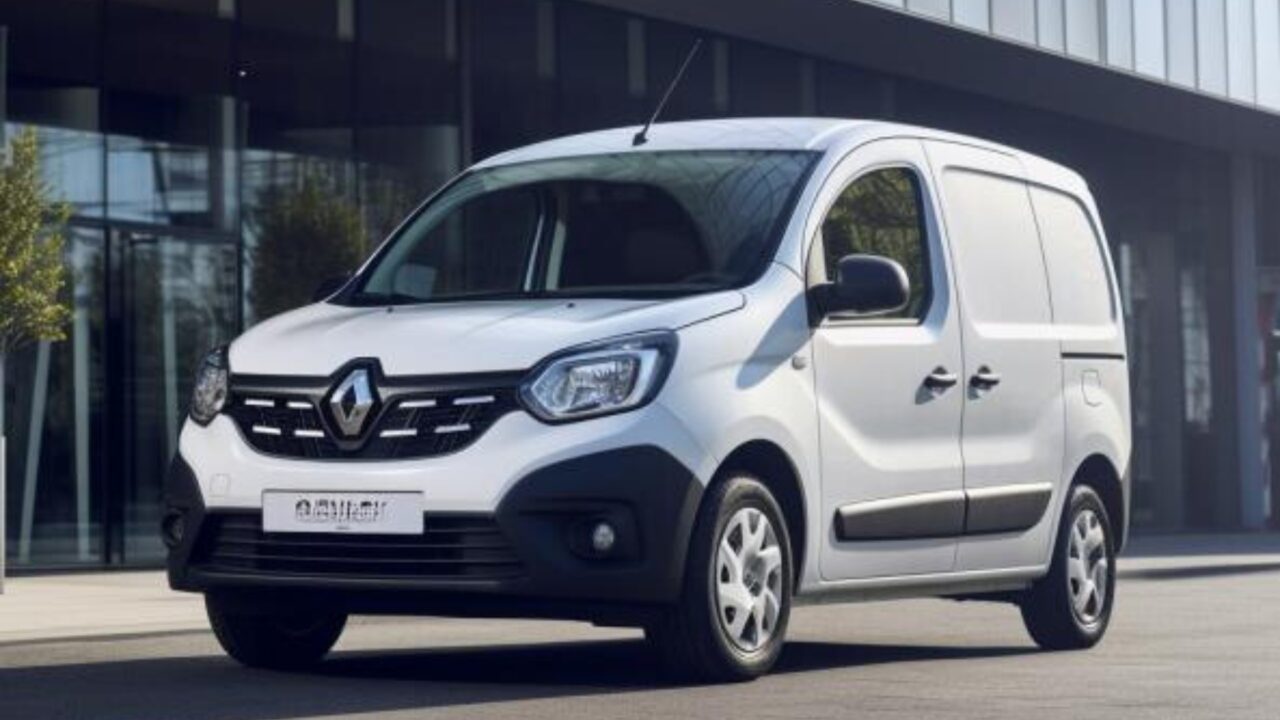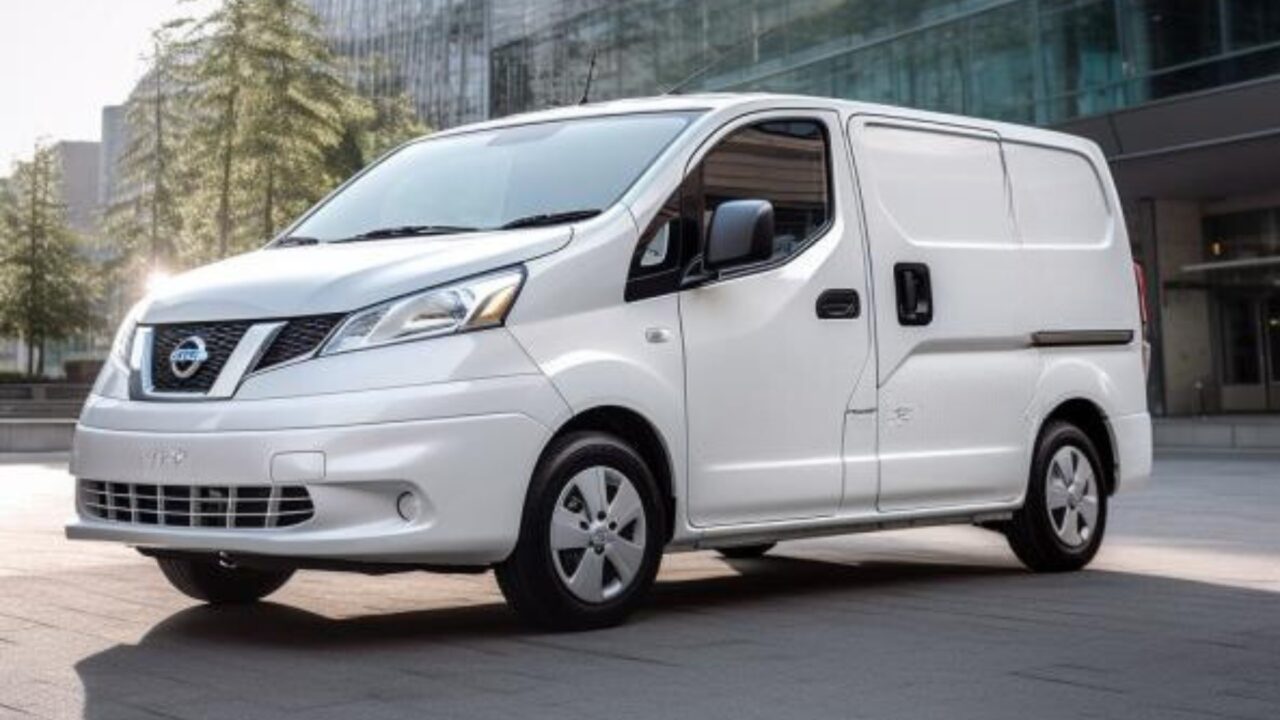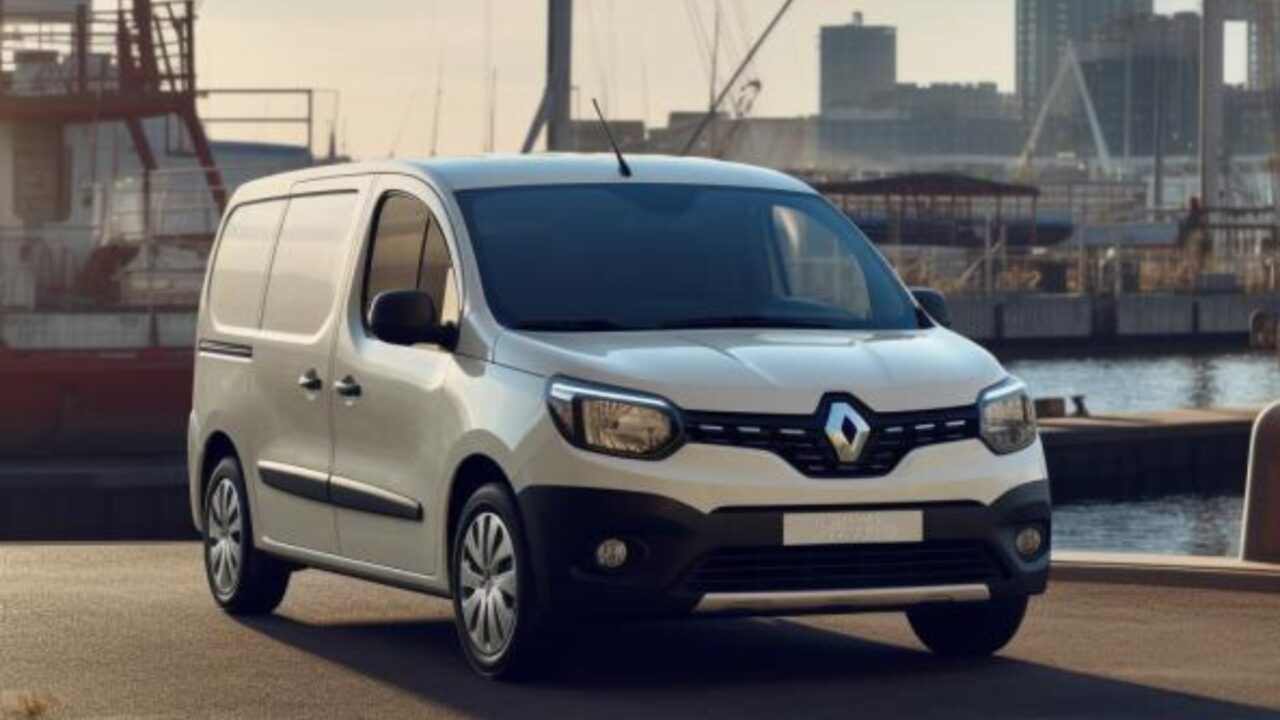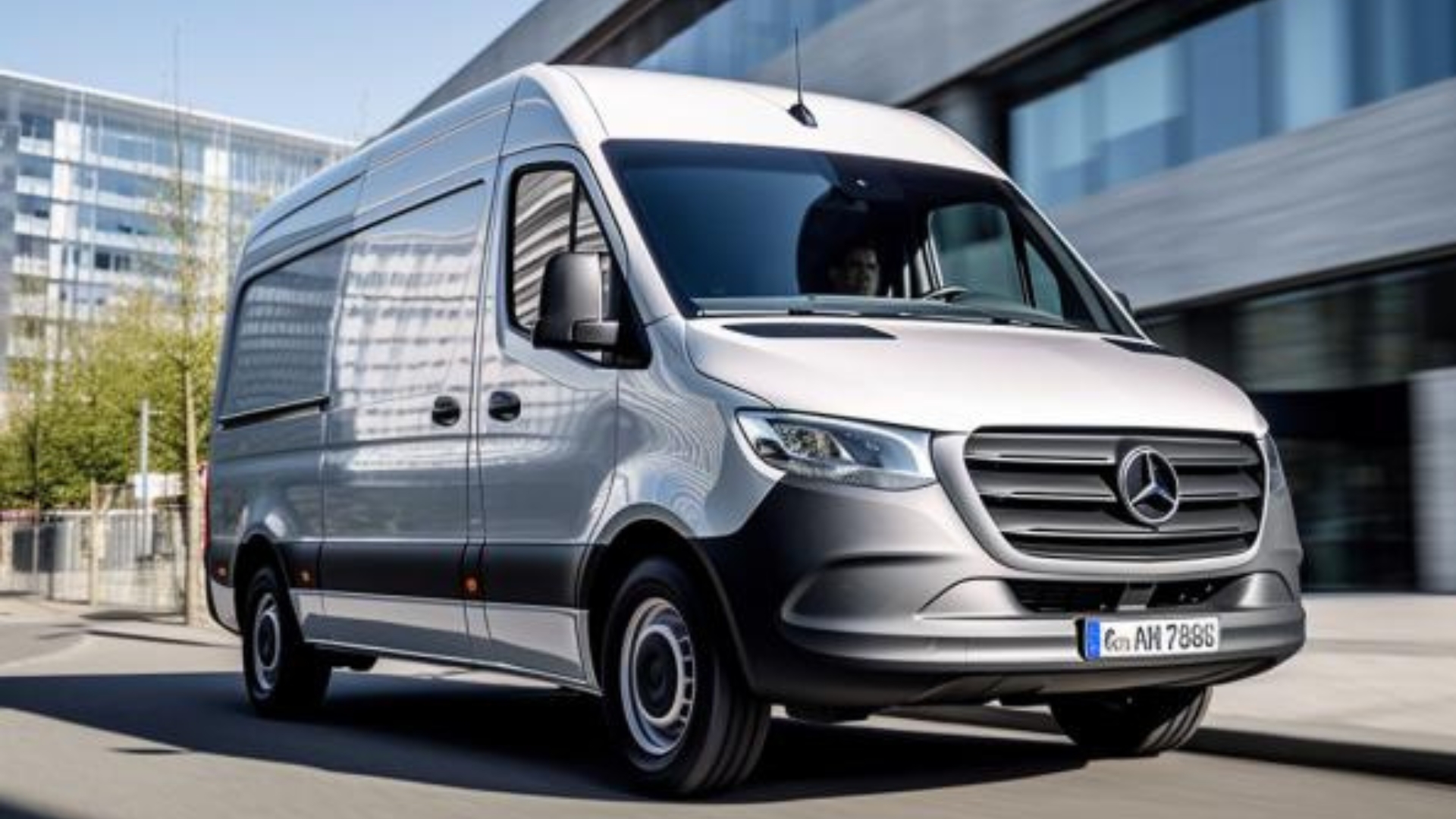There are many great EVs that can reduce costs, enhance sustainability and boost your company’s image. Explore the practicality and financial advantages of transitioning to electric cargo vehicles.
The Rise of Electric Vans in Business Use
With increasing environmental concerns and the negative spotlight on diesel, electric vans are gaining popularity. They’re ideal for businesses like tradesmen and local delivery firms, which typically cover shorter or regular routes. By switching to electric, you can enjoy lower running and operational costs.
Compared to their diesel counterparts, the savings are substantial, in fuel, road tax, and maintenance. The running cost of an electric van can be less than 10% of a diesel van, making it a financially sound choice.

Charging Infrastructure and Convenience
One common myth is that electric vans are only suitable for very short distances. However, with an average range of well over 100 miles so they cater well to daily business needs. Plus, the charging process can be conveniently scheduled overnight, ensuring your van is always ready to go.
The Positives of Using Electric Vans
Running an electric van sends a strong message about your business’s commitment to sustainability. In a world where environmental consciousness is increasingly important, this can enhance your company’s image and appeal to a broader customer base.
Operating electric vehicles in major cities offers additional financial advantages, as they’re exempt from Emissions Charges and comply with Ultra-Low Emissions Zones (ULEZ) regulations.
The UK government offers grants for the purchase of electric vans. This initiative is part of a broader effort to encourage the adoption of environmentally friendly vehicles.
Grant Eligibility for Small Vans:
- Weight Limit: The van must have a gross vehicle weight of less than 2,500 kilograms.
- Emission Standards: CO2 emissions should be less than 50 grams per kilometre.
- Zero-Emission Range: The vehicle should be capable of travelling at least 96 kilometres (approximately 60 miles) without emitting any pollutants.
Discount on Small Vans:
- Businesses purchasing eligible small vans can receive a maximum discount of £2,500.
- This discount is applied directly at the point of sale, reducing the purchase price for the buyer.
Grant Application Process:
- Vehicle dealerships or manufacturers can apply for the grant through an online portal.
- As the number of grants available is limited, it’s advisable to check the availability before applying.
The key points for the grant available for large vans:

Grants for Large Vans:
- For eligible large vans, businesses can avail of a maximum discount of £5,000. This substantial discount is aimed at making the switch to electric vehicles more financially viable for companies.
Eligibility Criteria for Large Vans:
- Weight Range: The vehicle must have a gross vehicle weight between 2,500 kilograms and 4,250 kilograms.
- Emission Standards: Similar to small vans, the large vans must also have CO2 emissions of less than 50 grams per kilometre.
- Zero-Emission Capability: The van should be capable of travelling a minimum of 96 kilometres (about 60 miles) without producing any emissions.
A list of the vans and the details are available here.
Businesses can also benefit from grants for installing electric vehicle charging points for small and medium-sized businesses, providing financial support for installation work required to set up multiple Chargepoint sockets. This grant covers 75% of the cost, up to £15,000, and applies to both current and future installations, including wiring and posts.
Businesses can receive:
- Up to £350 per installed charge point socket.
- Up to £500 per parking space enabled with the necessary infrastructure.
- A maximum of five grants across five different sites.
Businesses with 249 employees or fewer can apply within the UK (excluding the Channel Islands and Isle of Man) for charge points that are exclusively for staff and vehicles of the business, and not for public use. Businesses must use OZEV-approved installers and Chargepoint models.
Property and Parking Requirements:
- The property needs at least one charge point socket installed.
- Work must be done on at least five parking spaces, either with sockets or prepped for future installation.
- Parking spaces must be off-street, private, clearly defined, and legally accessible to the business.
Note that the grant is not applicable if charge point installation is a requirement of building regulations or planning conditions.
Great Vans for your Business
a practical and affordable option for businesses making the switch to electric. With its ample storage space, comfortable interior, and efficient electric motor, it’s an ideal choice for various business needs. The leasing option for the battery also means reduced initial costs and guaranteed battery health.

Electric vans are revolutionising the commercial vehicle sector in the UK, offering zero-emission alternatives perfect for routine trips and deliveries, especially in urban settings.
Their affordability, low noise levels, and ease of driving are compelling reasons to switch. However, not all electric vans offer the same benefits, so here’s a quick overview of some of the top electric vans available in the UK.
- Electric Range: Up to 256 miles
- Cargo Volume: Up to 3.9 cubic metres
- Features: High battery range, stylish design, car-like driving experience.
- Electric Range: Up to 183 miles
- Features: Agile performance, premium interior, rapid charging capability (80kW), 5-year warranty, 8-year battery coverage. From 3.3 to 4.3 cubic metres
- Strengths: Comfortable drive, and smart interior design.
- Weaknesses: Lower quality infotainment system, full safety kit only on top trim.
- Electric Range: Up to 174 miles
- Features: a quiet and comfortable drive with a roomy interior and high safety standards. maximum load volume of 2.9 cubic metres.
- Strengths: Advanced infotainment system, premium badge appeal.
- Electric Range: Up to 186 miles
- Features: Efficient electric motor, practical with decent load volumes, innovative features like the Easy Inside Rack.
- Strengths: Good electric range, spacious, powerful motor.
Ford E-Transit
- Electric Range: Up to 196 miles
- Cargo Volume: Up to 15.1 cubic metres
- Features: Multiple variants, no space compromise, quick off-the-line performance.
Vauxhall Vivaro Electric (and its Stellantis siblings)
- Electric Range: Up to 205 miles
- Cargo Volume: Up to 6.6 cubic metres
- Features: Long-range, spacious, fast-charging capability.
- Electric Range: Up to 230 miles
- Cargo Volume: 10-17 cubic metres
- Features: Variety of tailored options, large cargo space, high payload.
Mercedes eSprinter/eVito
- Electric Range: Up to 248 miles
- Cargo Volume: 11 cubic metres/6.6 cubic metres
- Features: Spacious, updated battery capacity, flexible charging options.

Thanks to the information provided by Whatcar in this article. If you want to know more about help for freight trucks, read our news post here.
